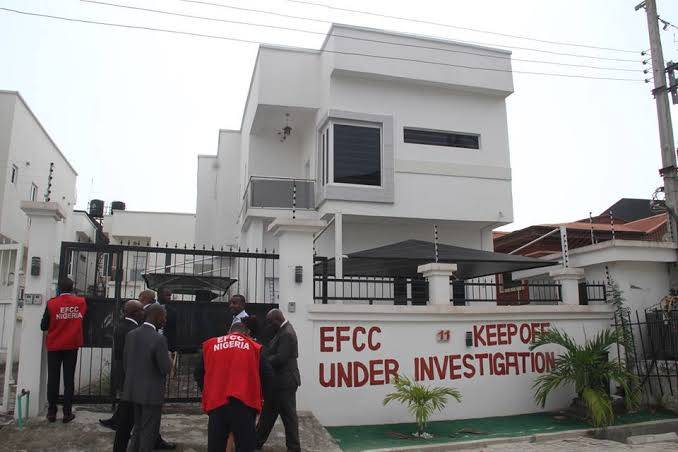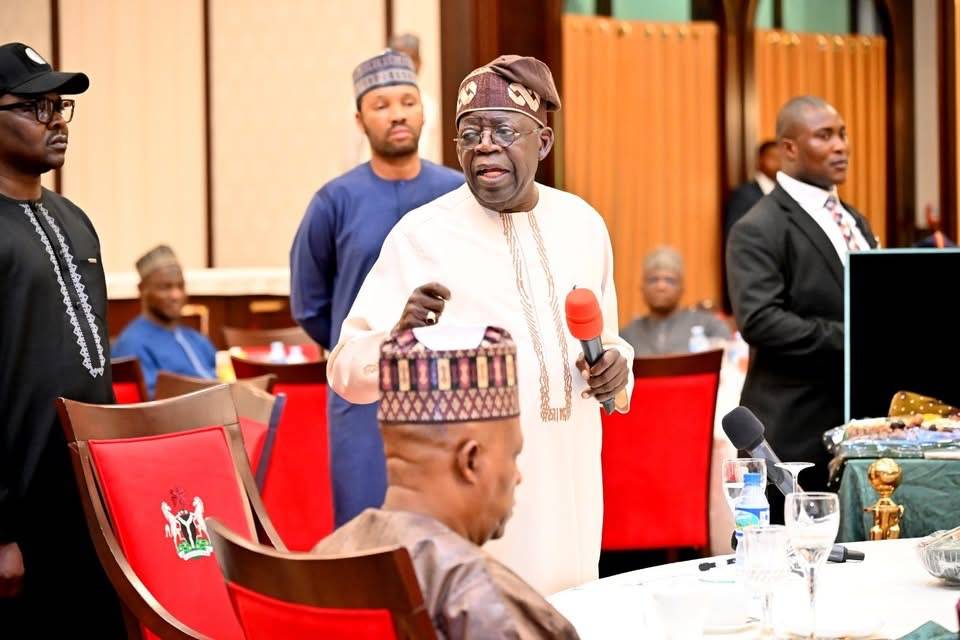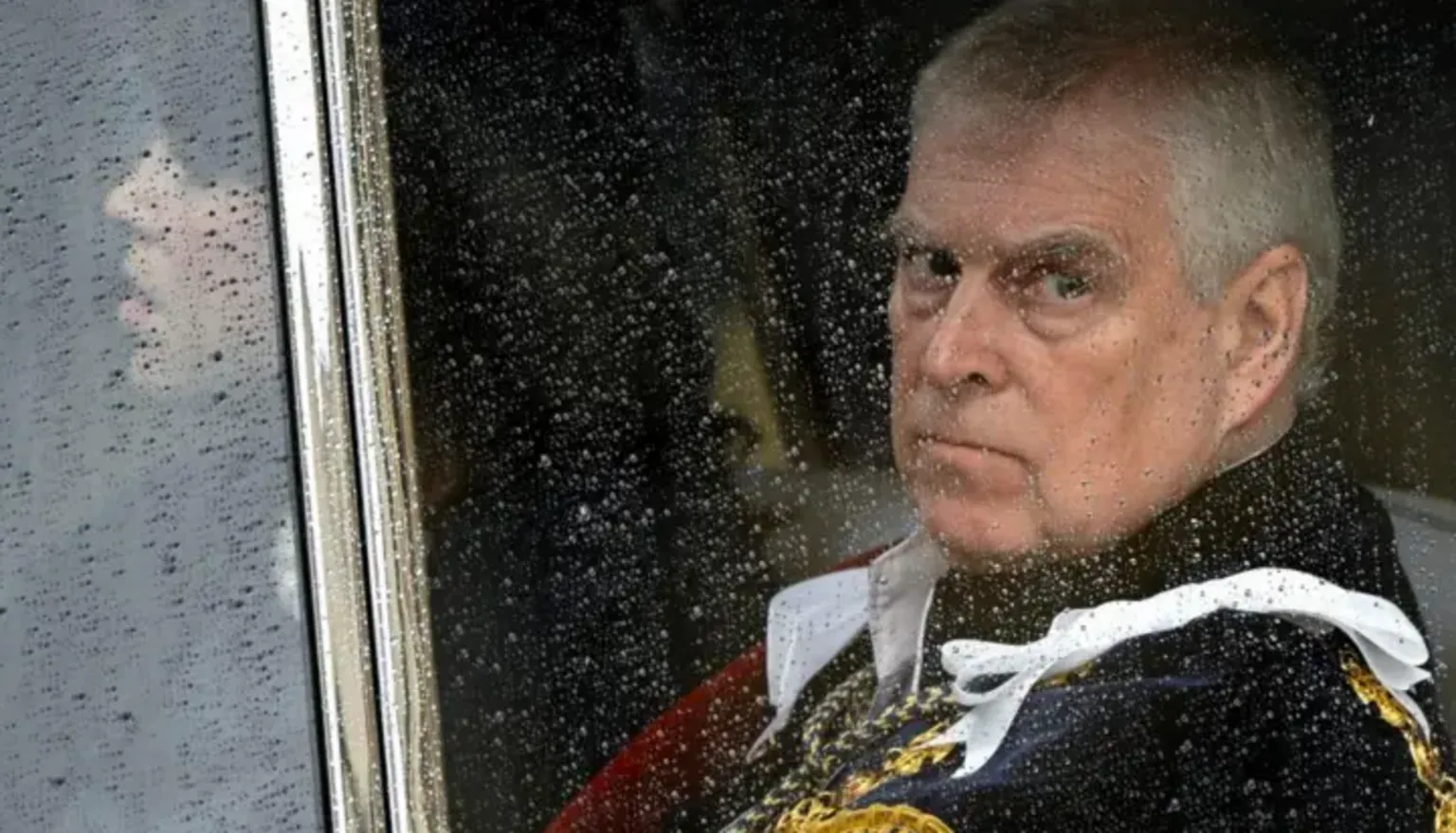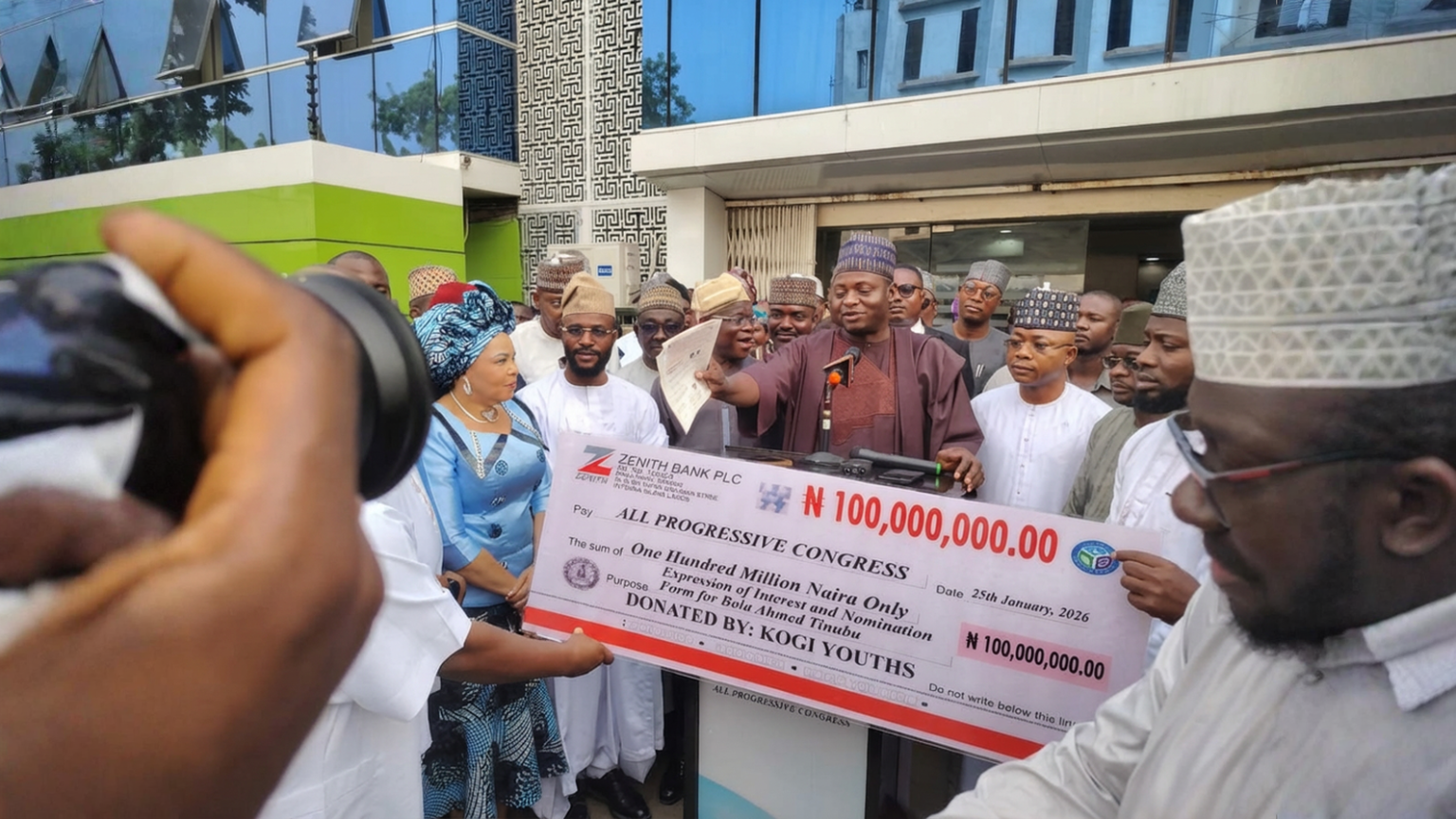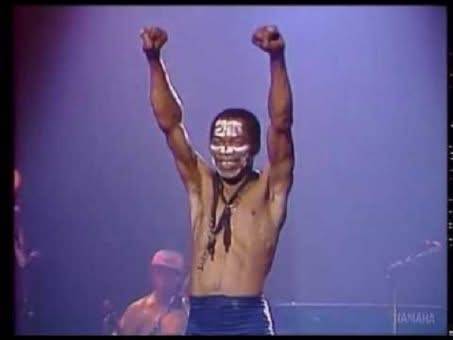In a significant judgment delivered on July 2, 2025, the Federal High Court in Abuja declared that the Economic and Financial Crimes Commission (EFCC) acted unlawfully by marking properties under investigation without first obtaining a court order.
Justice J.K. Omotosho, presiding over the case, ruled in favour of Hajiya Hajara Saidu and Abdullahi Saidu in Suit No: FHC/ABJ/CS/682/2024. The plaintiffs had challenged the EFCC’s practice of painting the words “EFCC UNDER INVESTIGATION, KEEP OFF” in red on their properties in both 2023 and 2024.
Represented by counsel H.A. Kwrabai, the plaintiffs described the EFCC’s actions as defamatory, degrading, and lacking any legal justification, particularly since no criminal charges had been filed since the investigations began. The marked properties included Abdullahi Saidu’s residence and his business premises in Abuja.
In his ruling, Justice Omotosho held that the EFCC’s conduct violated Sections 34 and 44 of the 1999 Constitution, which protect citizens from degrading treatment and unlawful interference with property. The inscriptions were deemed damaging to the plaintiffs’ reputations and a source of serious social stigma.
The court granted several key reliefs, including:
• A declaration that the EFCC lacks the legal authority to deface private property without prior judicial approval.
• A declaration that prolonged investigations without formal charges harm individuals’ dignity and reputations.
• A declaration that investigations can proceed without publicly marking properties.
•An order requiring the EFCC to immediately remove the inscriptions, with court officials authorized to enforce compliance within 24 hours.
•An award of ₦200,000 in general damages for reputational harm.
• A declaration that any law or regulation allowing such property markings without court authorization is unconstitutional and void.
• An injunction restraining the EFCC from further defacing or interfering with the plaintiffs’ properties without a valid court order.
The EFCC, represented by G.G. Gajere on behalf of M.M. Gwani, argued that the markings were intended to prevent the disposal of assets under investigation. However, the commission failed to present any court order supporting the action.
Justice Omotosho emphasized that although Sections 6 and 7 of the EFCC Establishment Act (2004) grant investigative powers, those powers must be exercised within the limits of the Constitution and must not infringe on the rights of Nigerian citizens.
Describing the verdict as a major win for constitutional rights and due process, plaintiffs’ counsel H.A. Kwrabai stated the judgment sends a strong signal that investigative agencies must uphold the rule of law and respect individual dignity and property rights.


